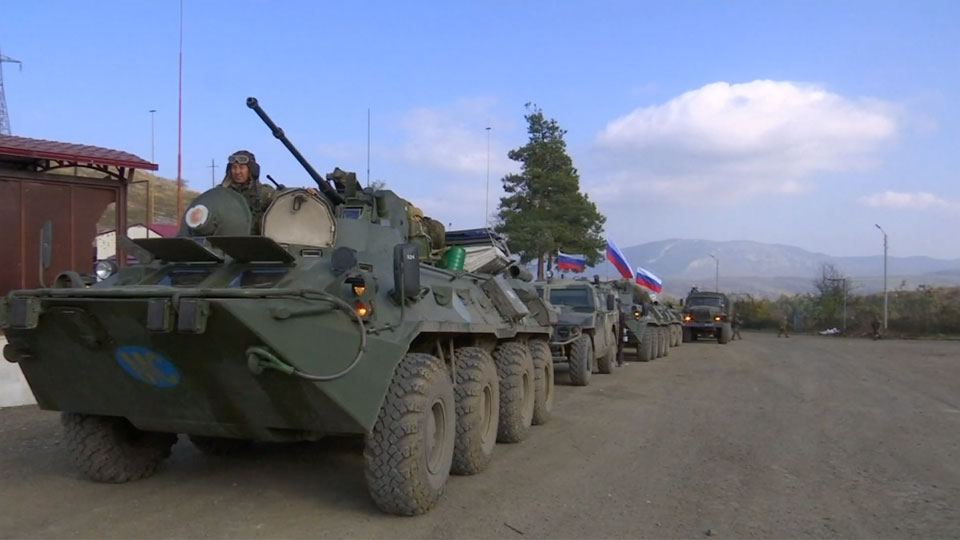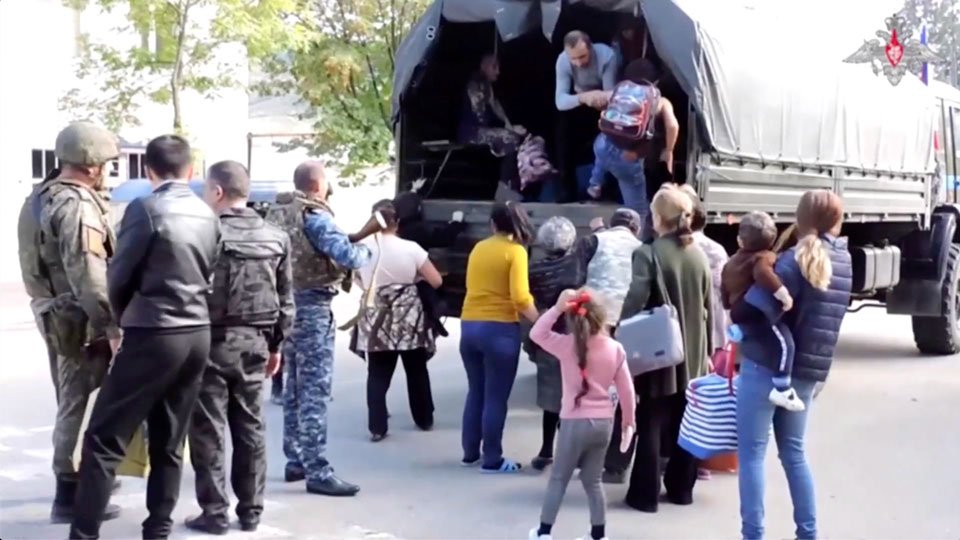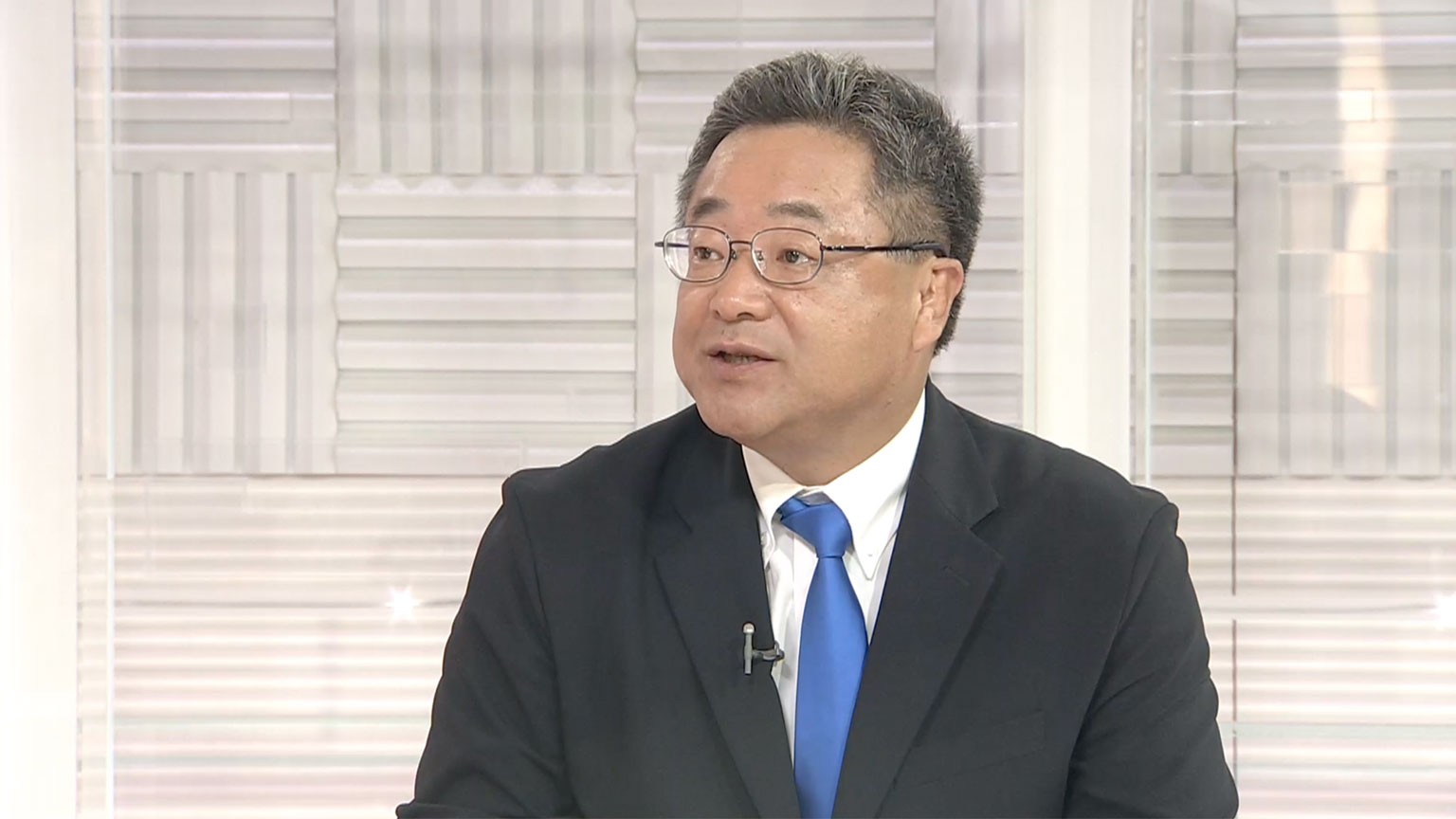Azerbaijani forces on Tuesday launched what they called anti-terrorist operations in the area, which is home to thousands of ethnic Armenians. On Wednesday, the Armenian side announced it had accepted the terms of a ceasefire.
NHK World's senior commentator Amma Hideo explains what is behind Armenia's "de facto defeat."
He said, "Basically, the local Armenians didn't get enough support from their home country, nor its ally, Russia. Moscow has about 2,000 peacekeepers in the region. They mediated the ceasefire, but didn't intervene to stop Azerbaijan's attacks.
"The Azerbaijani military had also secured key highlands and routes, putting Armenia at a further disadvantage. Armenia had no choice but to accept this humiliating ceasefire agreement."

But Amma points out there were already signs Armenia would concede in May. "Prime Minister Nikol Pashinyan had announced he would recognize Azerbaijan's sovereignty over the region, on the condition that the safety of its residents was guaranteed. So he likely knew Armenia couldn't win another conflict with Azerbaijan."
Why didn't Russia, Armenia's ally, help?
Amma says the reason Russia didn't help Armenia was related to its invasion of Ukraine.
"Russia is bound by a collective security treaty to assist Armenia. However, Moscow's priorities have shifted. Russia doesn't want to upset Azerbaijan and its ally, Turkey, who are increasingly influential. And since most of its troops are fighting in Ukraine, Russia didn't have the resources to help Armenia anyway. So it pivoted from providing military support to mediation.

"Furthermore, the relationship between Armenia and Russia has not been great. This month, Moscow expressed displeasure when Armenia conducted joint military exercises with the United States. All this explains why Russia wasn't too eager to help Armenia."
Concerns rising for the ethnic Armenians
Amma says the treatment of the 120,000 Armenians living in the Nagorno-Karabakh region is now a focus.
"There are concerns about what all this means for them. Some argue there may be a humanitarian crisis in the making.

"Armenian news agencies report negotiations between the local Armenian population and Azerbaijan will begin Thursday. Azerbaijan may demand the punishment or extradition of Armenian leaders. Many have already chosen to flee out of fear of persecution," says Amma.
He says this may be the beginning of the end of a 30-year-old conflict, and that the international community needs to monitor the circumstances of the region's Armenian people and figure out what it can do to protect them.

